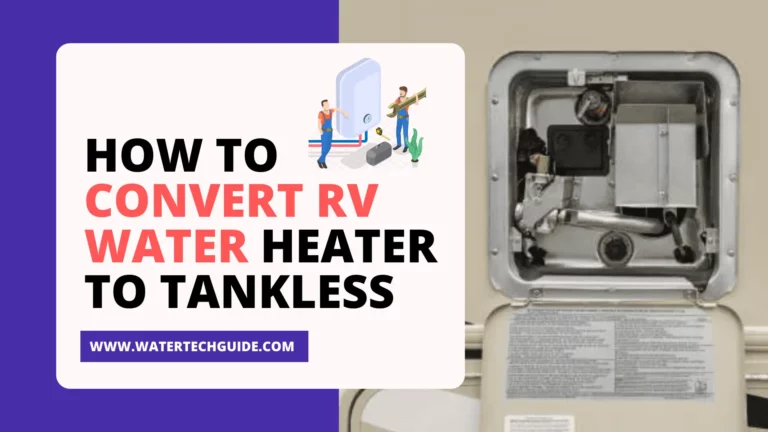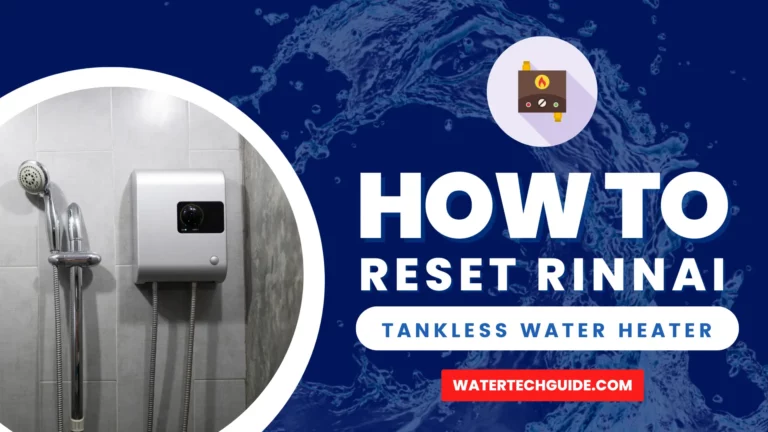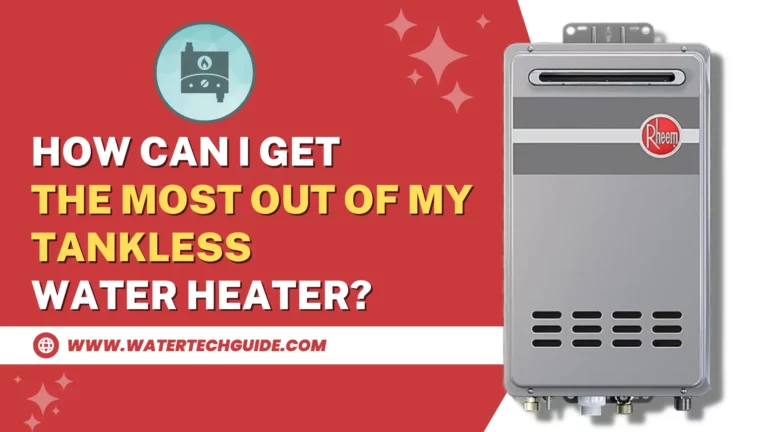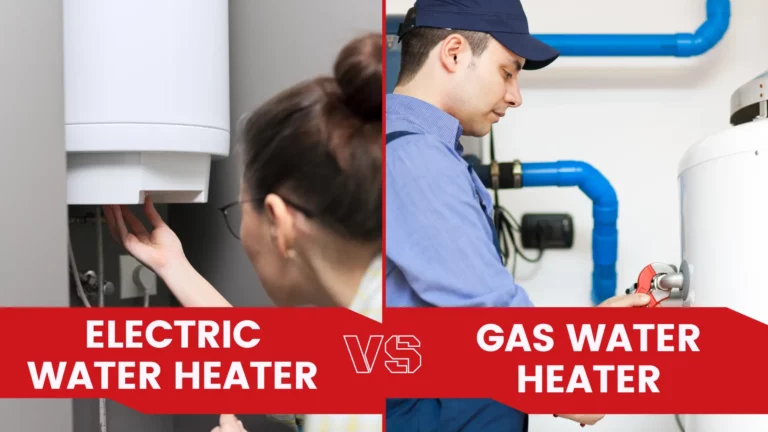Tankless Water Heaters vs Tank
Water heaters can be expensive for homeowners for over a decade. Search tankless water heaters vs tank at a low price. When you set your new home, then you replace your heater. It is important to consider the cost, efficiency, and durability, added in a new heater.
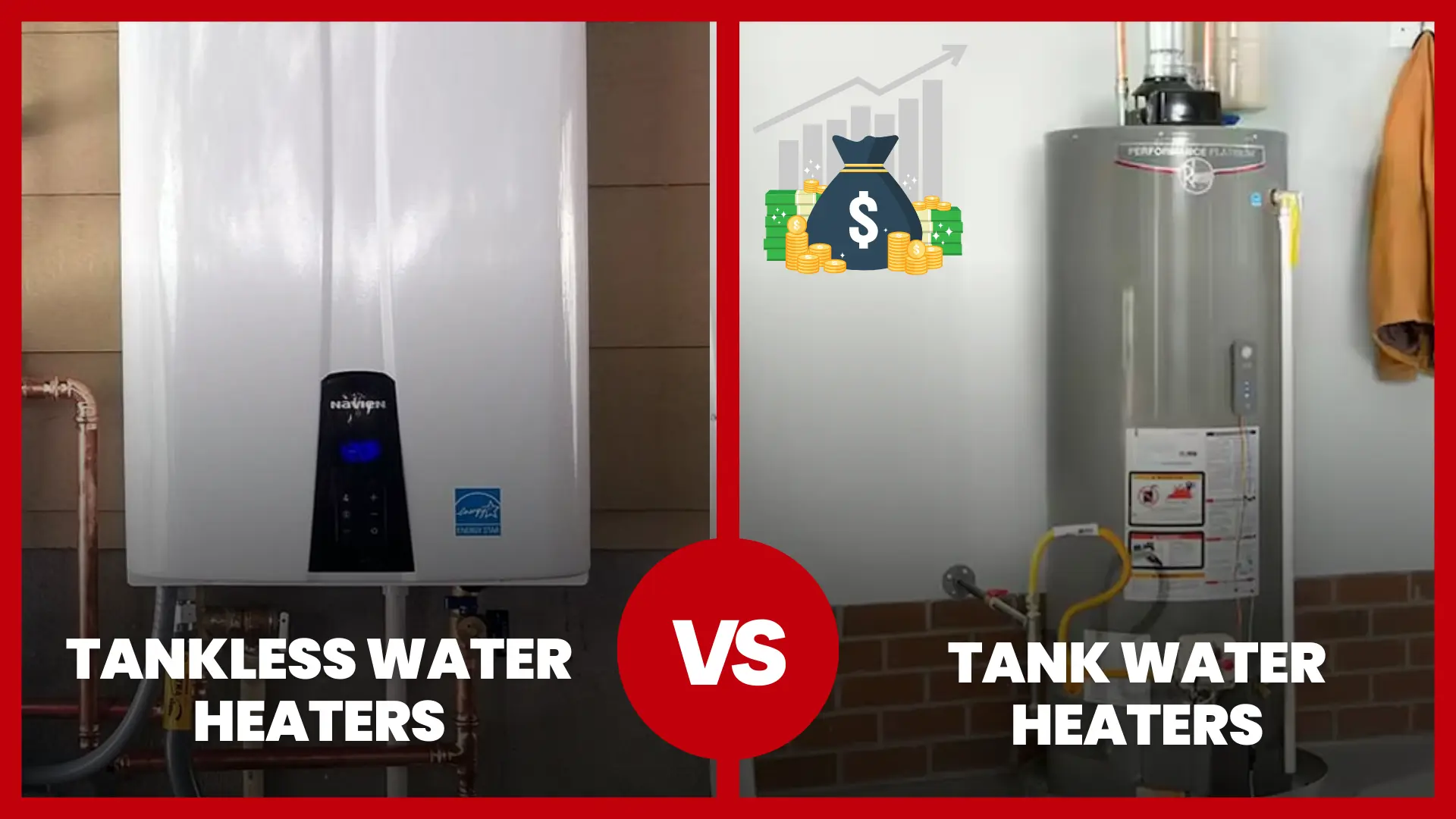
Comparison of Tankless Water Heaters vs Tank
The comparison of tankless water heaters vs tank helps homeowners and contractors. We will evaluate the benefits and harms of unconditional and traditional seamless heating to make an informed decision. To buy the best tankless water heater visit.
What Is a Tankless Water Heater?
Tankless water heaters use with high capacity heaters which heat water quickly. It provides hot water through a heat exchanger and directs to your wapitis without storing it in the tank. Drainage containers are usually installed with electricity or gas.
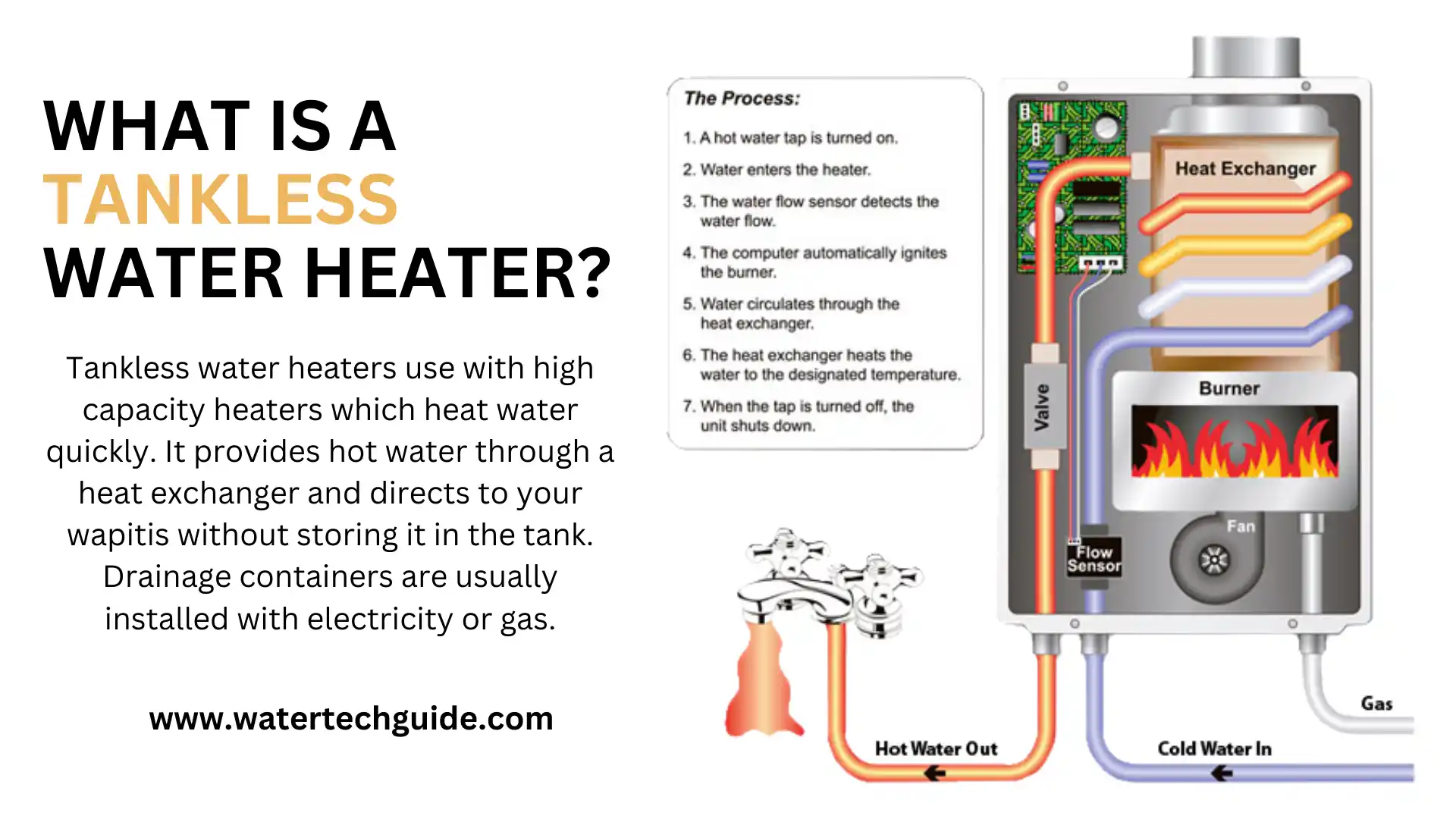
How are “Traditional” Tank Storage Water Heaters Different?
Water storage cisterns are widely available in many homes. Its components are a concentrated tank, usually carrying about 30-50 gallons of water, heat, and storing water until needed. A pipe comes from the top to bring hot water to your destination, kitchen, bathroom, or another sink.
Energy Saver
Usually, there are water heaters that use either natural gas or their own oil. A liter of water storage tanks that use up to 50 percent more energy cost less to operate than electricity.
However, they cost a lot more than electric models. They also display a pressure and release valve that opens when any temperature or pressure exceeds the set level.
Tankless Water Heater Energy Efficiency
Homeowners with demand levels use 41 liters or less hot water daily. Enjoy 24 to 34 percent more energy. If you want to use a lot of hot water every day, then you can enjoy energy efficiency by 8 to 14 percent.
Stainless Water Heater
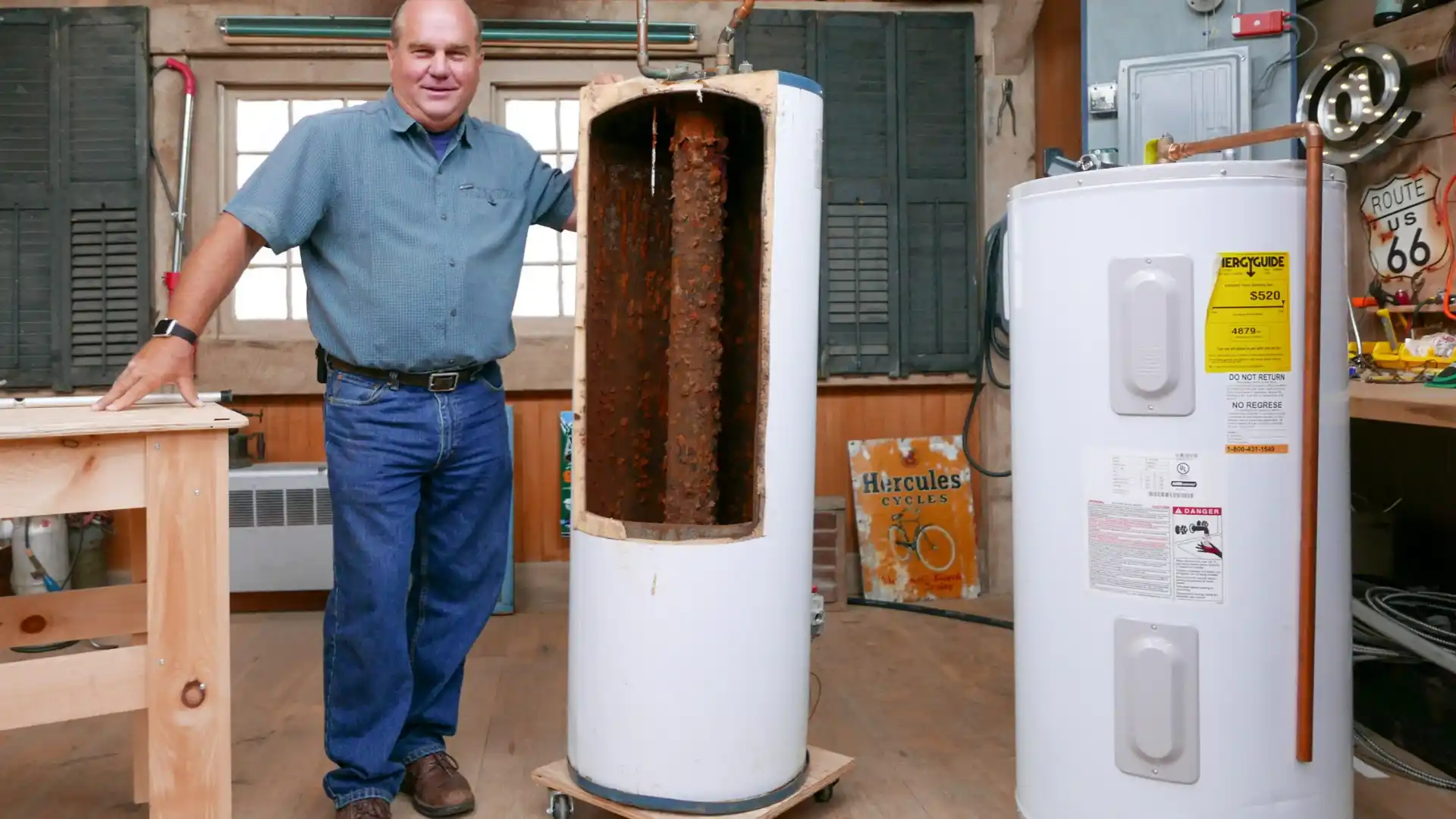
Buying a stainless water heater will cost you twice as much as a conventional water storage heater. But a longer range has types than the standard water heater models. If you want to hit the ride home, install a tankless water heater for each hot spot. You can get 27 to 50 percent energy savings. You easily install the most powerful water heater in all the water storage in your home.
Pros & Cons of Tankless Water Heaters
Since there are no suitable products, there are good points for these high-water demands. Tankless Water Heater Advantages,
- Save money over time.
- Accordingly, in homes that use 41 liters or less of hot water daily. Heaters give 24% to 34% more energy-efficient than conventional water heaters.
- The tankless water heater will save homeowners more than $ 100 a year if they are active longer.
- Electric water heaters save homeowners about $ 44 years, according to the US Department of Energy.
- Life is faster than water storage facilities.
- Note that “hard water” areas, can reduce the useful life of both types of water heaters.
- Do not use the water heater space in the storage shed.
- The required minimum water temperature is small and can be installed in tight areas.
- They can even be mounted on the exterior walls if your home has been challenged by the space.
- You will have hot water whenever you need it.
- You cannot wait even 15 to 25 seconds for your water to heat up quickly, as innocent water heaters deliver two to three liters of hot water per minute.
- Mostly, water storage heaters take longer to heat water, because of the large amount of water they have to burn, there are many types of waterproof ones.
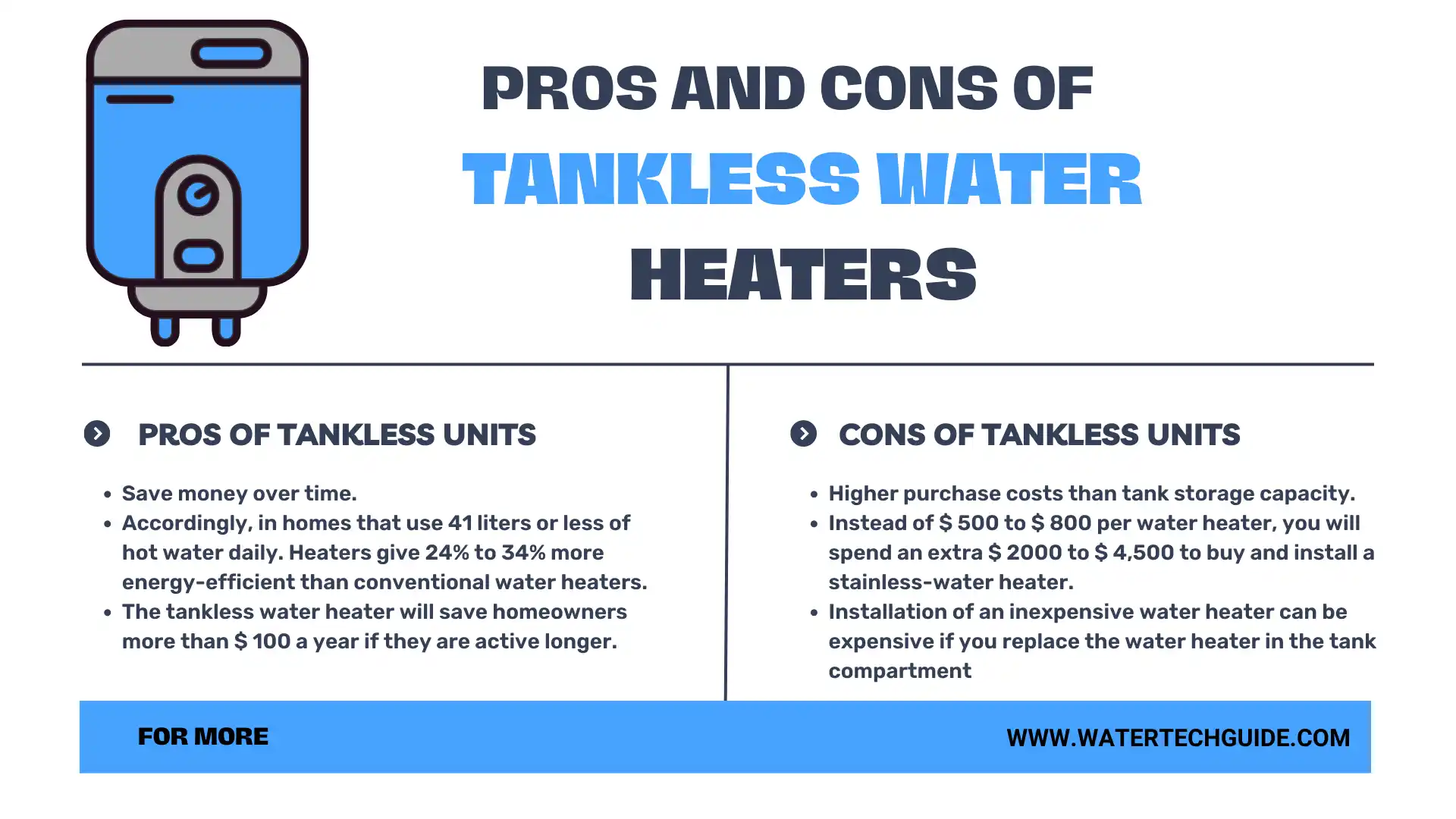
Drawbacks of Tankless Water Heaters
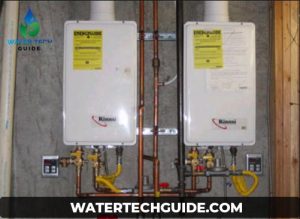
- Higher purchase costs than tank storage capacity.
- Instead of $ 500 to $ 800 per water heater, you will spend an extra $ 2000 to $ 4,500 to buy and install a stainless-water heater.
- Installation of an inexpensive water heater can be expensive if you replace the water heater in the tank compartment
- The water heaters of your home
- If you choose to replace the waterproof heater in the storage tank, your plumbing installer will take more time, increasing the cost involved, replacing the tank water because of the difficulty of re-routing the existing pipe.
- They can be a “challenging challenge.”
- Carrying equipment and washer at once can cause your water heater to fail to keep up with the need for hot water in it. If you have a lot of showers used in your home, you will usually have one of the bathroom buyers who have endured the “red” experience.
Pros & Cons of Storage Tank Water Heaters – Tank Water Heater Advantages
- The storage tank water heater has a low starting cost per line.
- Instead of spending an extra $ 2000 to $ 4,500 to buy and install a waterproof heater, it will cost you around $ 500 to $ 800 to buy and install a proper water heater.
- Water storage heaters are more efficient than non-tank models, resulting in less expensive maintenance.
- Their simplicity makes for easy, inexpensive repairs when these liquid oils do not work properly. Waterproofing liters are complicated and expensive to repair and, of course, otherwise, replace.
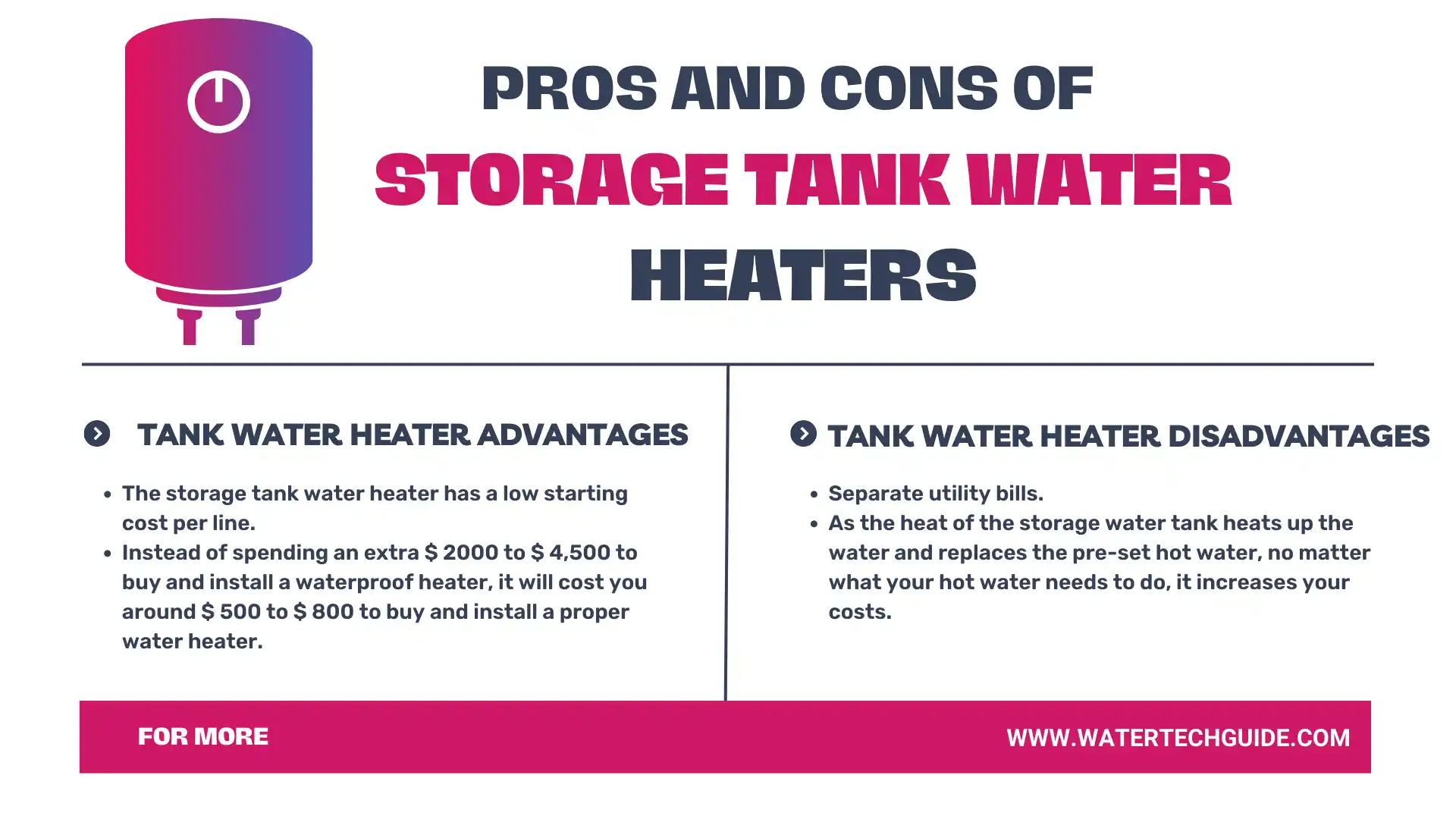
Drawbacks of Storage (Tank) Water Heaters
- Separate utility bills.
- As the heat of the storage water tank heats up the water and replaces the pre-set hot water, no matter what your hot water needs to do, it increases your costs.
- If these liquid fuels are operating in a cool environment (environment), they will work harder in the winter months, driving gas or electric bills too high during the cold winter.
- Use more space due to its size than the excessive burning of unwanted water.
- If your home is limited by space, you will have the challenge of finding enough space for the storage water of the tank. Also, they cannot be located outside your home as dehydrated burners.
- You don’t want to be the last family member to have a bath.
- If you have a standard domestic water heater, you may want to get a bigger one if you are usually taken with multiple shows.
- While this method may reduce the hot water shortage, your energy costs will increase as well as the availability of your hot water.
- The water temperature of the storage tank can support only three streams in a row. You would not like to be a fourth bath bowl unless you prefer hot, not hot, shows
- They need to be replaced more often than wireless water heaters.
- Since storage tank types have a relatively short shelf life (about ½ life of the required water heater), for 10 to 15 years, you may need to purchase and install them almost as often as wireless water heaters, to reduce the cost.
Tank Vs Tankless Water Heater – Which One is Better?
You may not notice how a hectare of water can affect your life until you stand in a bowl and the water begins to get cold.
If you live with several people, you may realize that you need to “schedule” bath time around the warm water supply.
Not only can your water heater affect your daily routine, but it can also affect your operating costs.
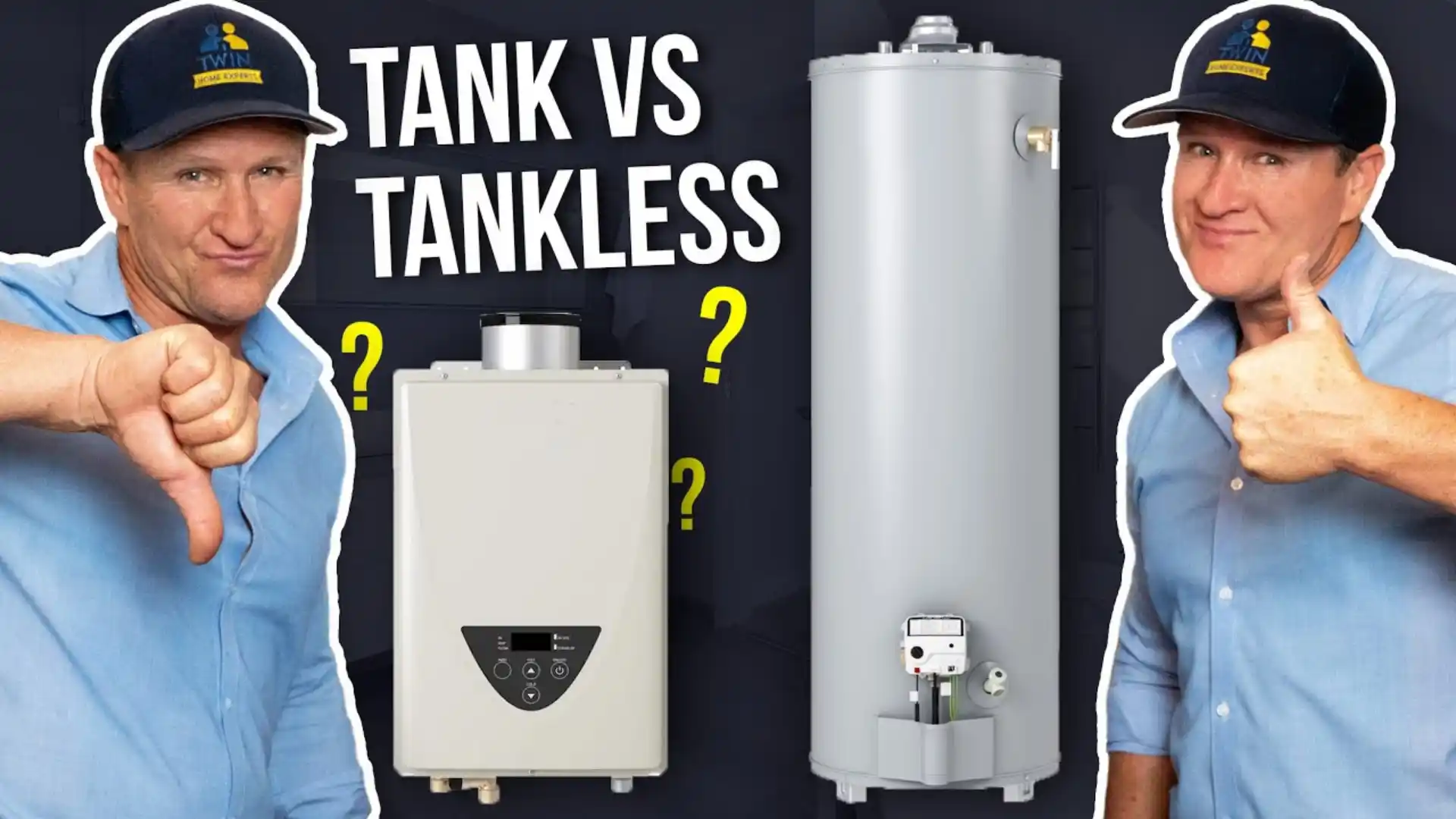
When it comes time to buy a new home or replace a water heater for your current home, you should always consider the cost, efficiency, and durability of the water heater that will be in your home. Water heaters can be very expensive. However, you will be living with a water heater that you have been buying for over a decade.
When you consider what type of water heater is ideal for your home, there are pros and cons to both traditional water heater and wireless water heater.
Tankless Water Heaters vs Tank Do the Math!
Over the last few years, I have received many customer calls going through something like this;
“I’m thinking about changing my water heater. Can you tell me which is better, the ‘tank ‘ style or ‘tankless’ style?
I’ll always try to answer “Well, I think they’re both really good choices, but the real question we need to consider is not ‘Which is better’, but ‘Which is better for you.’
Misconception about heaters
Both types of standard tank vs tankless water heaters have advantages and disadvantages. Due to the hype of sales, there are misconceptions about everything that should be clear before an election can be made.
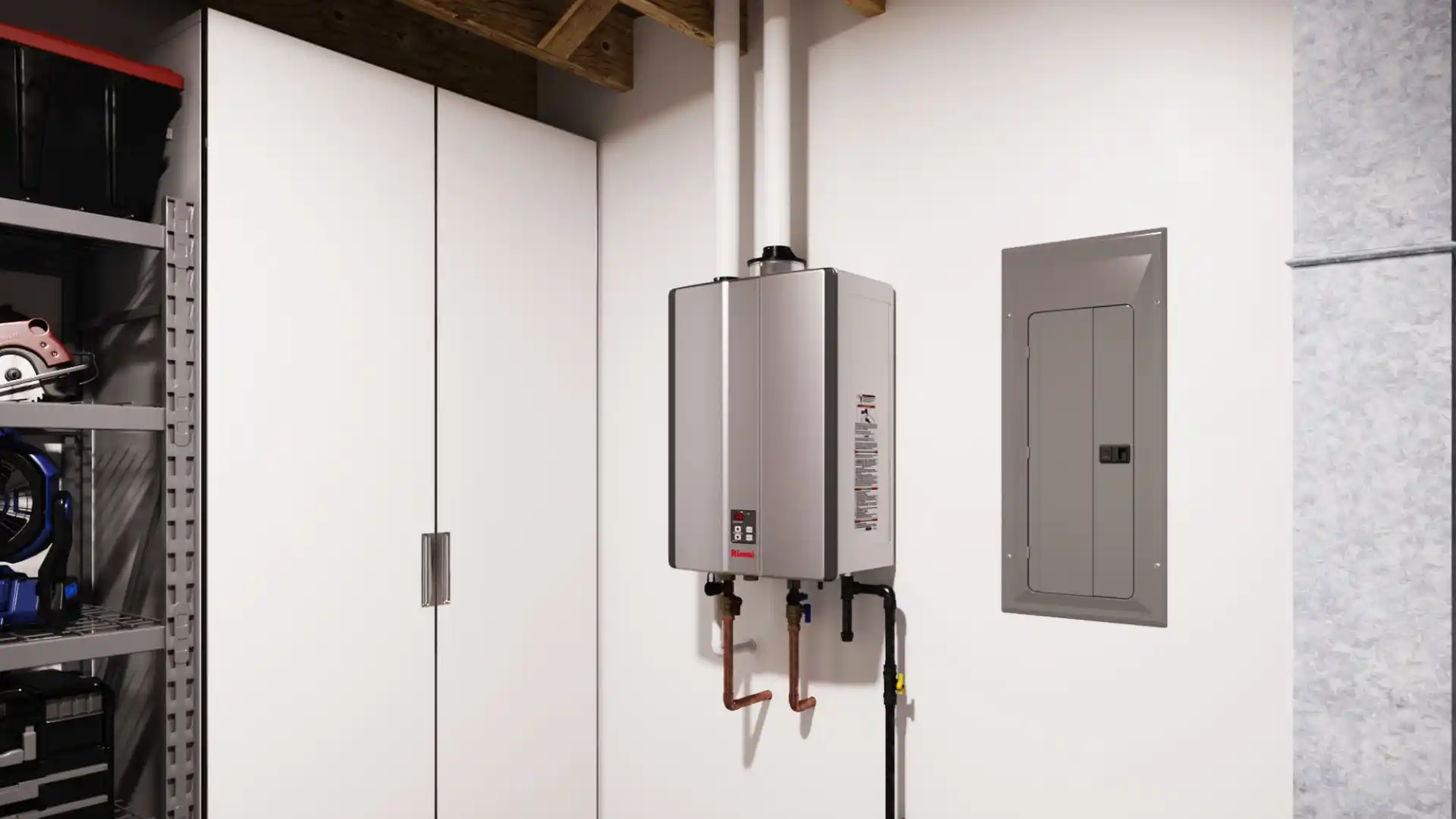
When helping clients decide which option is best for them, I recommend that three things be considered carefully:
- Economics – all economies of water temperature, Daily use of installations.
- Needs and Functions – What are the needs of a family that will fit into which unit and how it works?
- Family/community impact – how worried is my Consumer about how their decisions affect our world?
There is so much to consider in each of the three cases that in an article like this, we can cover one at a time effectively. This article will talk about the ‘economic’ concept of water heating.
Average Cost
At the high end, the average family spends about $ 400 a year and the average couple spends about $ 250 a year. That dropped to $ 33.33 a month for the family and $ 20.83 a month for the couple. These basic rates apply to both gas and gas refineries here in the Pacific NW, or electric water heaters can cost $ 50 to $ 100 per year more than gas.
Highly Efficient
Tankless water heater we consider gas, and highly efficient, some up to 98%. That means when our average household switches from a conventional gas storage tank, they save 28% of what they currently use to heat water.
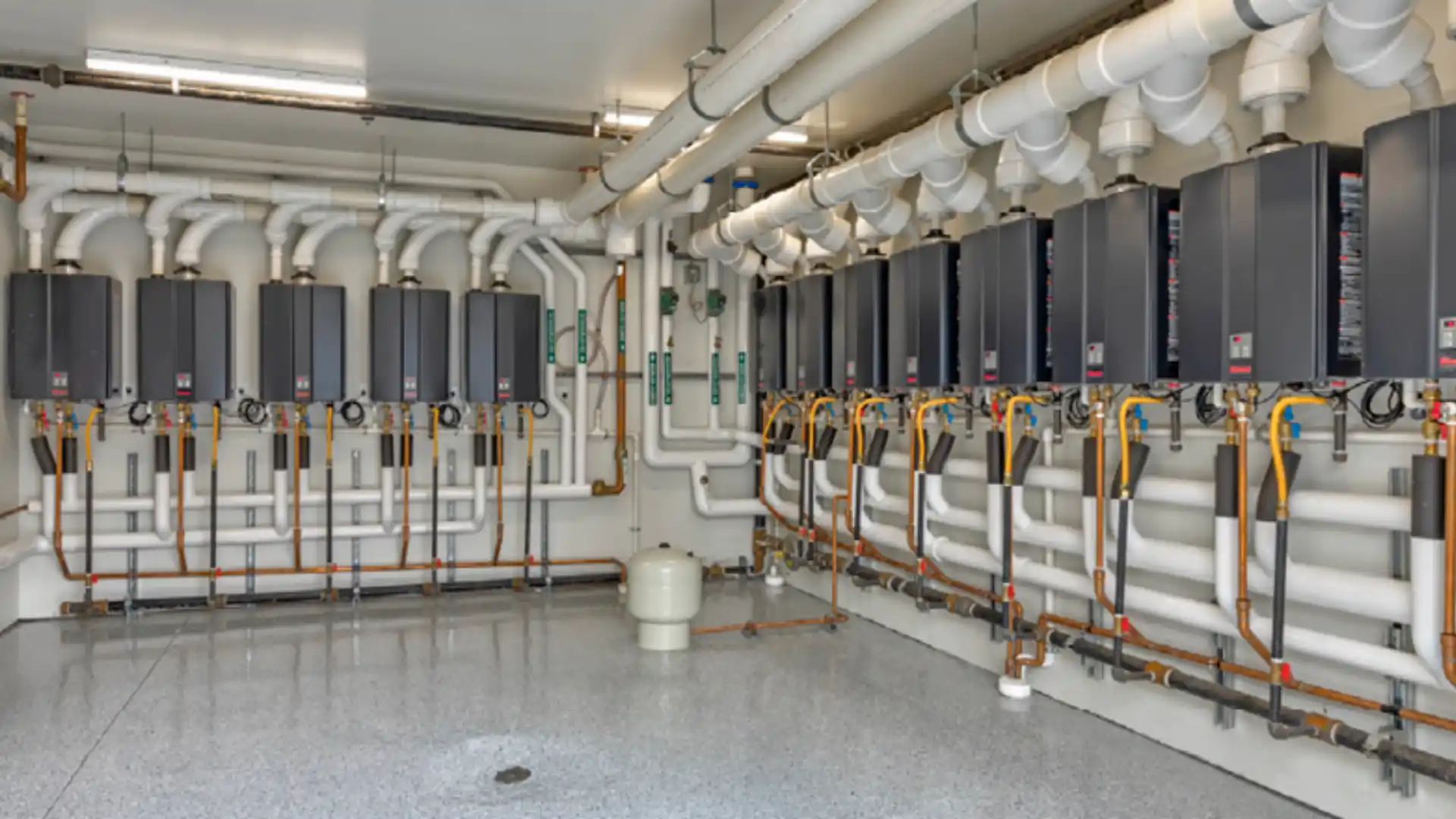
In real dollars, that’s an extra savings of $ 112 a year, or $ 9.33 a month. Couples were saving $ 70 a year, or $ 5.83 a month. Also, if our average family has an electric water heater, they might save about the same amount or more.
Summary
If your bank account can handle the initial high cost of tankless water heaters vs tank. You will end up saving money later by choosing a tankless. However, if your income is fixed, a heater tank for water storage can better understand you. Here we tell you to discuss tankless water heaters vs tank
Finally,
If you are looking for help navigating the many confusing tankless water heaters vs tank. Easily make the best choice for a heater of water in your home. You will be glad to contact the best brand with home services today. Resource experts will provide you with the details of the purpose you need to make the right decision for you and your family.
